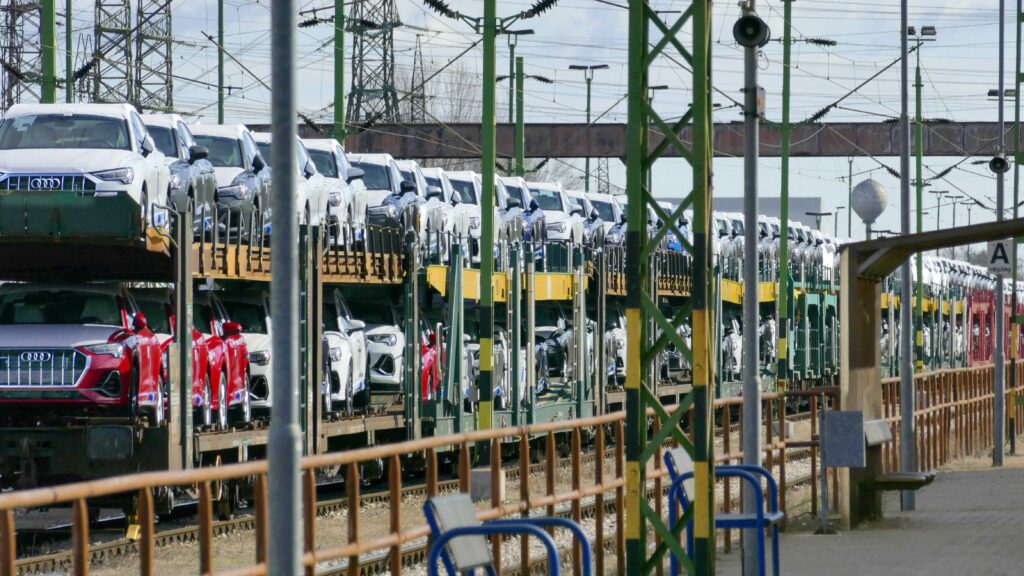The following is an adapted version of an article written by Orsolya Ferenczi-Bónis, originally published in Magyar Krónika.
What does it mean that we are living in an era of polycrisis? Magyar Krónika asked collapse researcher Balázs Stumpf-Biró to find out the exact answer.
Balázs Stumpf-Biró is a collapse researcher, co-founder of the Cassandra Programme, and representative of the deep adaptation movement in Hungary. At the Doctoral School of Chemistry and Environmental Sciences at the University of Pannonia, he is researching the unfolding phenomenon of global polycrisis.
We humans tend to think that if we can solve the climate issue, everything will be fine, when in fact, although the consequences of this phenomenon will be the most serious for us and countless other life forms on Earth in the medium and long term, it is a consequence itself and not the source of the problem. For some time now, we have been living in a process of polycrisis, for which it is man and global industrial civilization, as well as its functioning, that are responsible.
The essence of this is that the crises of several global systems are causally linked, and these interacting crises are thus causing more damage than they would individually if their underlying systems were not deeply interconnected.
‘The crises of several global systems are causally linked, and these interacting crises are thus causing more damage than they would individually’
If we take the functioning of global industrial civilization, for example, it has both input and output problems. The latter includes waste generation, not just plastic straws and bags, but also a lot of excess heat and the production of huge amounts of greenhouse gases, one of the consequences of which is climate change. However, the input problems, that is, the overuse and depletion of natural resources—renewable and non-renewable—would in themselves make global industrial civilization impossible to sustain within just decades. However, together, these are likely to result in a more serious disaster already in the short term.
Many people have doubts about climate change, saying that the Earth has been through everything from the Ice Age to extreme heat waves, and that it is simply a natural process. Although this is a factual claim in itself, it is important to examine whether these were happening at a time when human civilization already existed on the planet.
By the way, few people know that we are still living in an ice age, specifically in an interglacial phase of the so-called Cenozoic Ice Age, when the ice is receding and is now only found beyond the Arctic Circle and in the high mountains.
If we look at the changes over the last 800,000 years, the cyclical pattern of glacial and interglacial periods—the expansion and retreat of ice towards the equator—should put us on the cusp of a cooling trend today.
Instead, we are moving towards the so-called ‘Hothouse Earth’ at an extraordinary pace. There is only one explanation for this: the operation of global industrial civilization has thrown the Earth’s climate systems out of balance. In short, it is not that we are facing processes and consequences the likes of which the Earth has never seen, but that weather events are becoming more extreme, and their frequency is increasing exponentially, with potentially very serious consequences for our daily lives.
‘Instead of denial, it would be better to come to terms with reality and focus on the quality of our lives’
And how to prepare for all this? Instead of denial, it would be better to come to terms with reality and focus on the quality of our lives instead of survival at all costs.
Which, as clichéd as it may sound, is not a function of possessions. And it also does no harm to learn a little self-care and self-protection, and to nurture and deepen our human relationships as well, just in case. For the time may come when we will have nothing else left, and how many of us there will be to rely on will be more important than anything else…
Related articles:
Click here to read the original article.








